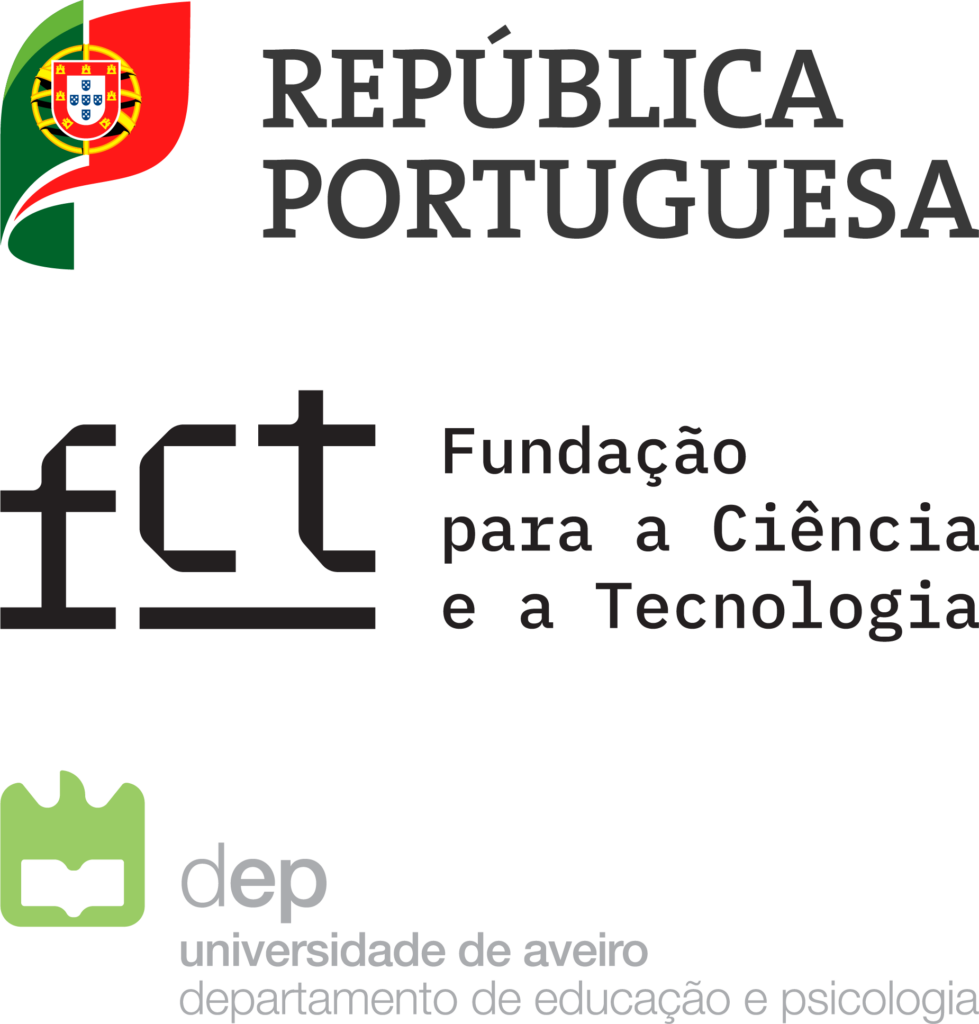A investigadora do CIDTFF, Maria de Lurdes Gonçalves, participou na International Conference on Education & Migrations, no ISCAP no Porto, com a comunicação intitulada “(I)legitimate languages? Spaces(s) for didactic collaboration between Heritage Language Teaching and Compulsory Education in Switzerland”, em coautoria com Irène Zingg (Universidade de Berna).
O evento que decorreu no passado dia 10 de março, pretendeu criar um espaço para debate de ideias, preocupações e métodos de trabalho sobre a ligação ente a educação, as migrações e o desenvolvimento sustentável, estando organizada em 3 painéis temáticos: contextos das migrações; a internacionalização da Educação e o impacto cultural das migrações; e questões linguísticas relacionadas com as migrações.
– – – – –
Resumo da comunicação, partilhado pela investigadora:
In a global and transnational society, the school population is increasingly multicultural and multilingual. Switzerland, quadrilingual by nature, has a strong migrant community, therefore many heritage languages are part of the educational landscape. However, this high linguistic diversity does not seem to have acquired proportional visibility in the compulsory educational system. In this context, the concept of “legitimate language” (Bourdieu, 1982), helps us to understand the phenomenon of an “illegitimate language experience”, which seems to be experienced by learners of migrant background, recalling the “period of hidden children” (Frigerio, 2014). In fact, social reputation of heritage language teaching is still low, its classes are attended on a voluntary basis and it has no real place in the swiss curricula, though its importance is mentioned.
In this contribution, we will start by discussing the presence and promotion of linguistic diversity in the Swiss school system relating it to heritage language teaching and its importance in learners’ educational path. Until present, collaborative work between compulsory educational system and heritage language teaching is mainly at the level of logistical organization, being very limited at the pedagogical-didactic level, in spite of some scattered projects.
We will present two pedagogical collaborative projects between the compulsory swiss school and heritage language teaching: the first, resulting from a training course, “Teaching in an Intercultural Environment” (Enseigner en Milieu Interculturel) and the second “More Language(s) for All” (Mehr Sprache(n) für alle). Both projects were supported by the Swiss Federal Office of Culture, which doesn’t see the phenomenon of plurilingualism as a problem, rather as an opportunity and as a pedagogical resource.
The analysis of the results of the two pedagogical projects will allow us to understand in which areas collaboration between compulsory education and heritage language teaching can be developed and which is the added value of didactic articulation, allowing us to trace perspectives for future ‘legitimate’ language experiences.
Furthermore, these results may encourage educational stakeholders to reflect on different approaches to plurilingualism, such as pluralistic approaches and/or their relationship to other curriculum content areas. As long as educational inequalities persist, there will be a need for reflection and an interest in critically rethinking current models of language education.
Keywords: migration; heritage language teaching; compulsory education; collaboration; linguistic repertoire; pluralistic approaches.





